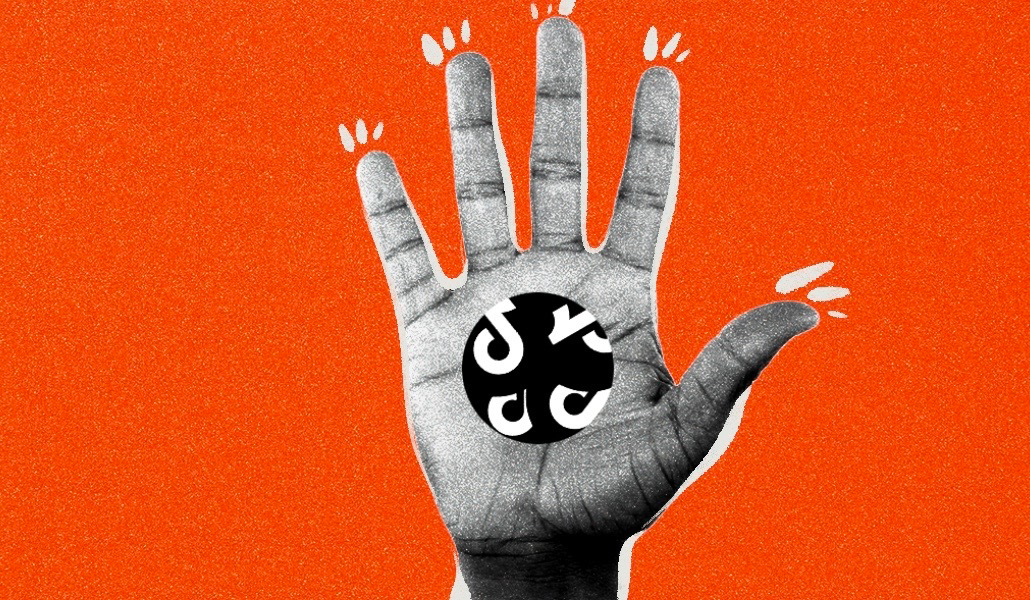fromBusiness Insider
8 hours agoThis startup wants to bring back snail mail with an AI-powered app. Read the pitch that helped it raise $2.8 million.
People want to feel human. While AI has taken over the internet and social media has evolved to feel less social, there's also been a resurgence of analog media: landlines, photo booths, record players. This cultural shift signaled to Escargot's founders that now was a good moment to launch a product centered on nostalgia for paper goods as a foil to the futuristic tech coming out of Silicon Valley.
Startup companies






